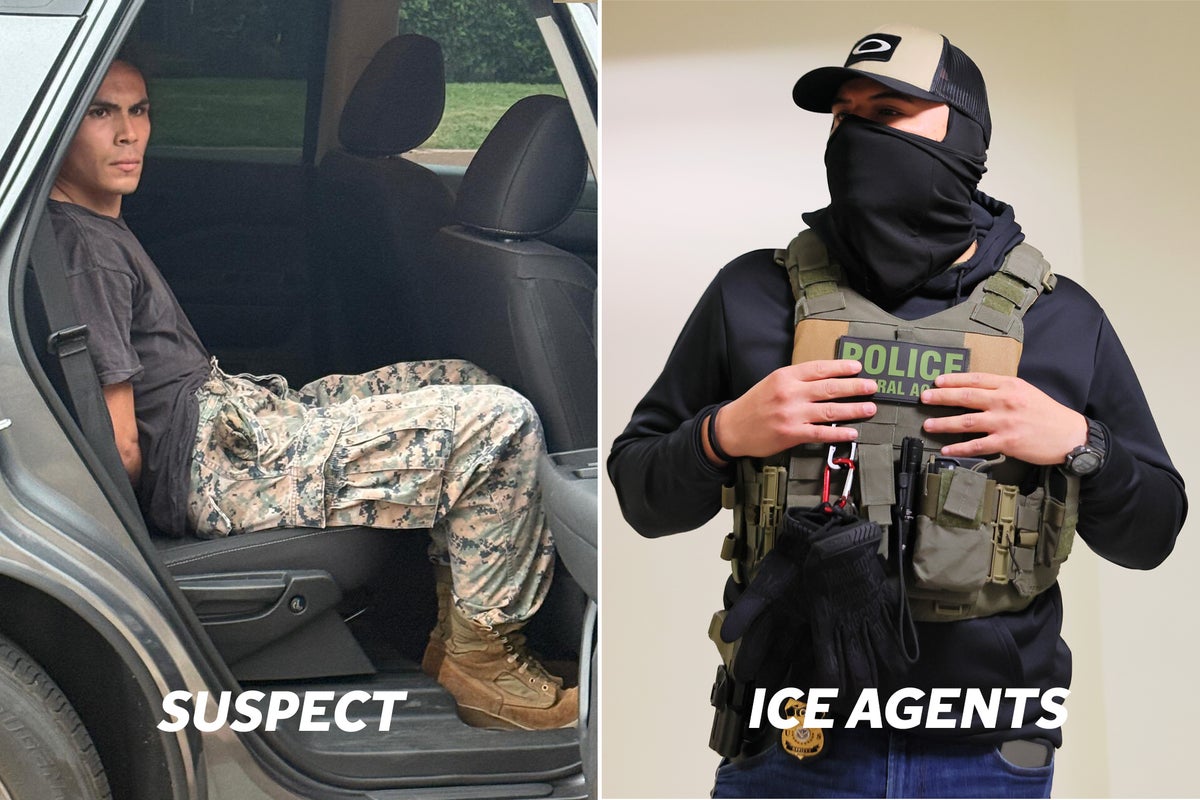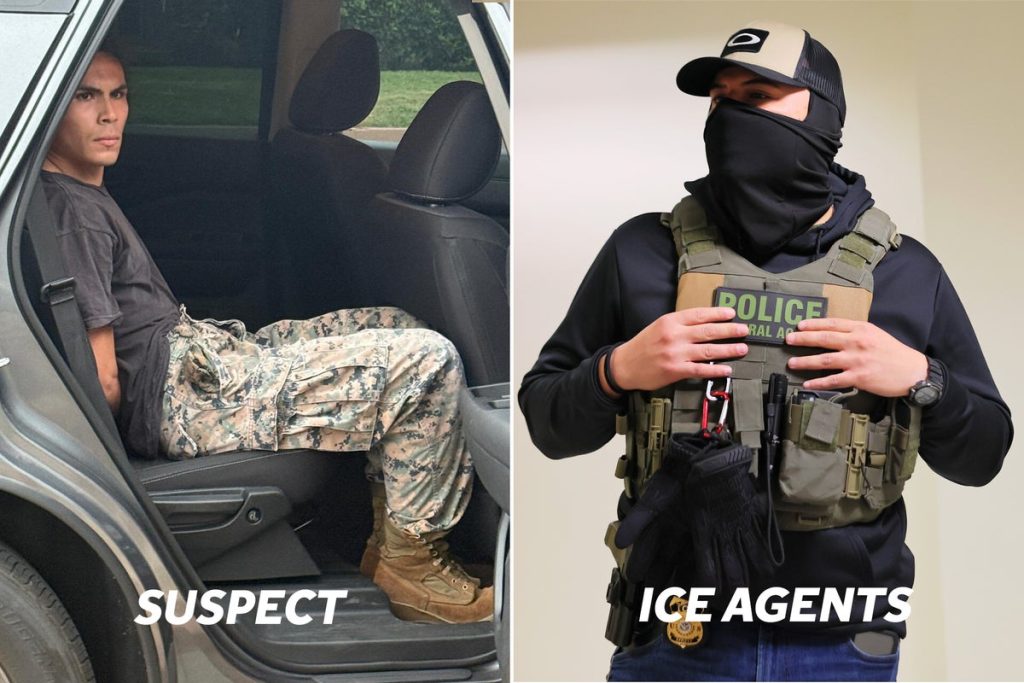What started as a protest support act ended in handcuffs. A man in Los Angeles has been arrested by federal authorities after allegedly dropping off face masks to a group of anti-ICE protesters, some of whom later got involved in violent acts. Now, he’s being charged with aiding a riot—despite not participating directly in the chaos.
The arrest has sparked outrage and debate across social media, with many questioning where the line is drawn between helping protesters and enabling violence.
The incident took place during a heated anti-ICE demonstration in Los Angeles, where tensions between protesters and police ran high. According to federal investigators, the man was captured on surveillance video handing over a box full of masks to masked demonstrators before violence broke out. Authorities believe this seemingly small action helped fuel the chaos.
Federal officials allege that while the man didn’t throw a single object or damage property himself, his assistance helped rioters avoid identification and possibly encouraged them to escalate the situation. Based on that, he’s now facing federal charges for aiding and abetting a riot—charges that can carry serious legal consequences.
The footage reportedly shows the man parking his vehicle near the protest zone, popping his trunk, and allowing individuals to take masks. From there, events escalated quickly. Protesters clashed with law enforcement, property was damaged, and roads were blocked. Federal agents used that video, along with phone records and witness statements, to build a case.
The legal question many are now asking is: Is giving out protective gear during a protest a crime? Legal experts are split. Some say handing out masks can be seen as simply looking out for people’s safety, especially in a pandemic-era environment. But prosecutors argue that in this case, the masks weren’t about health—they were used to hide identities during illegal activity.

Reactions online are mixed. Some say this is an overreach of government power, targeting someone who wasn’t even protesting. Others believe that anyone supporting violent mobs, even indirectly, should be held accountable. One thing is clear—this case is setting a controversial example for how protest-related arrests may be handled moving forward.
The arrested man hasn’t yet made a public statement, and details about his identity and court proceedings remain limited. However, sources suggest the case could go to trial, especially as it gains media attention and public interest grows.
As political demonstrations continue across the country, the case raises a chilling question for activists and supporters alike: Could small acts of kindness be considered criminal if a protest turns violent?

